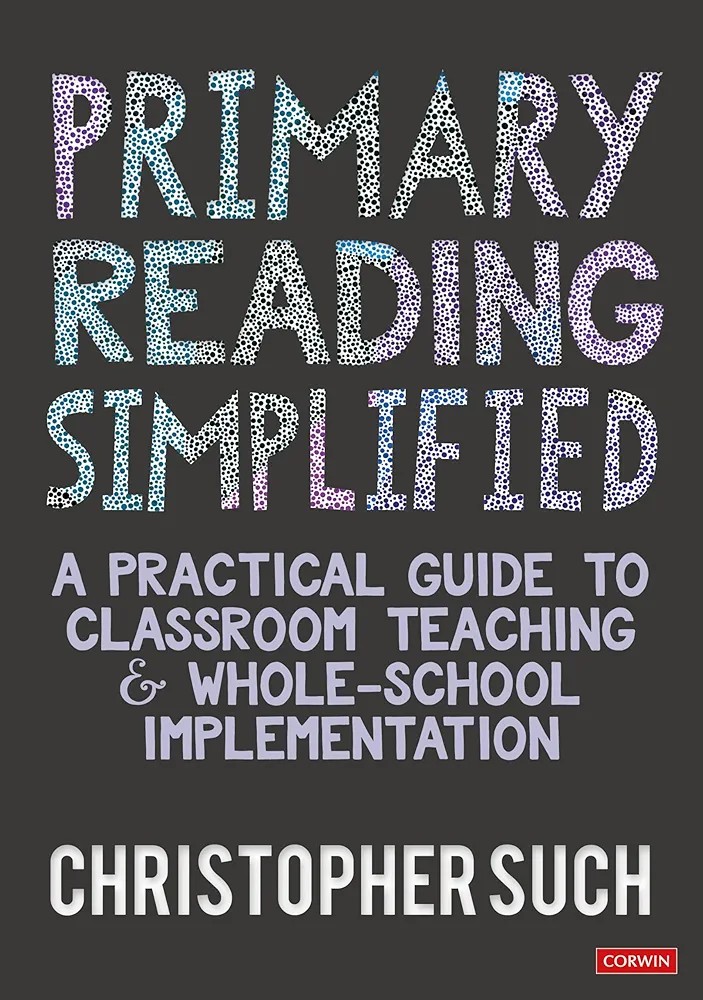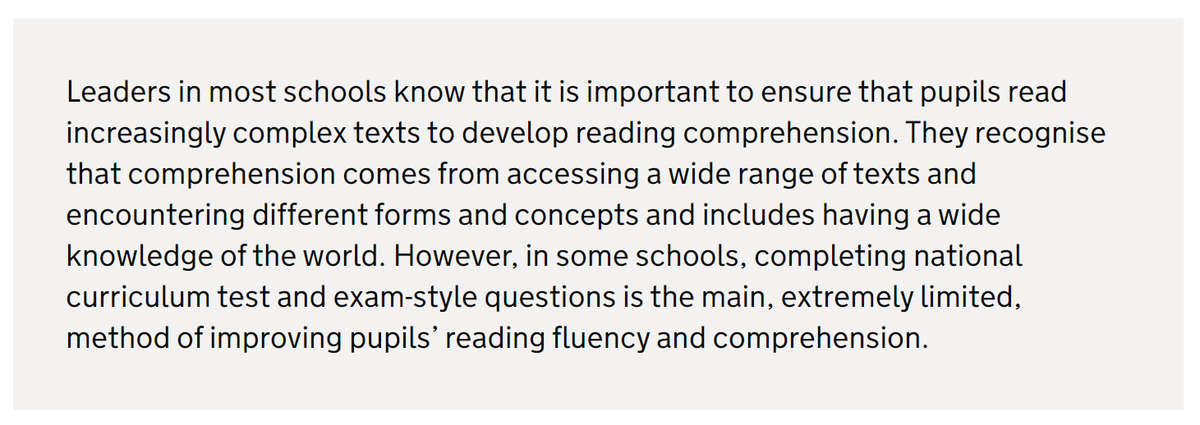
Experienced primary teacher, school leader and author.
Feel free to DM if you are looking for professional development relating to reading.
4 subscribers
How to get URL link on X (Twitter) App




https://twitter.com/literacypodcast/status/1836487920905081023I think we need to be wary of suggesting that pupils with above average WCPM are likely to have comprehension issues.



https://twitter.com/SCottinghatt/status/17614036082669077781. Write a one-sentence summary of the entire book, each chapter and each paragraph *in advance*. Some people can just throw words at a page and then tidy afterwards, but in most cases this leads to flabby, infocused writing.
https://twitter.com/tvuf2262961/status/1725972602055721136Before I begin, I just want to say that it may well be the case that the person I am retweeting knows loads about reading development. But the tweet reminded me of an issue I think is worth discussing, hence this thread.



https://twitter.com/MatBrigham/status/16804976144570122241. As you say, you have painted a picture of what *already fluent* readers can be meaningfully doing while the teacher works with other groups.
https://twitter.com/Suchmo83/status/1672930436417302528?t=GAIpa4v-gafNLFcXMwRxEQ&s=19To start, I reckon for years the most popular way to teach reading was carousel guided reading (i.e. children - usually grouped by attainment - working in small groups without any adult support for most of the week).
https://twitter.com/forde_mr/status/16511031294824366101. Start by planning out the key concepts of each subject, and look for overlap. For example, a concept like 'migration' might be pertinent to both a history and a geography curriculum. >>
https://twitter.com/PieCorbett/status/1584466139509579776Teachers' punctuation is mostly correct, but it is often based on a solely implicit understanding that comes from lots of reading. This means that mistakes occur in teachers' modelling, and the use of punctuation is often taught using phrases like 'a comma shows a breath'.
https://twitter.com/BarbaraBleiman/status/1580187402215501825Anyway, that aside, here goes: